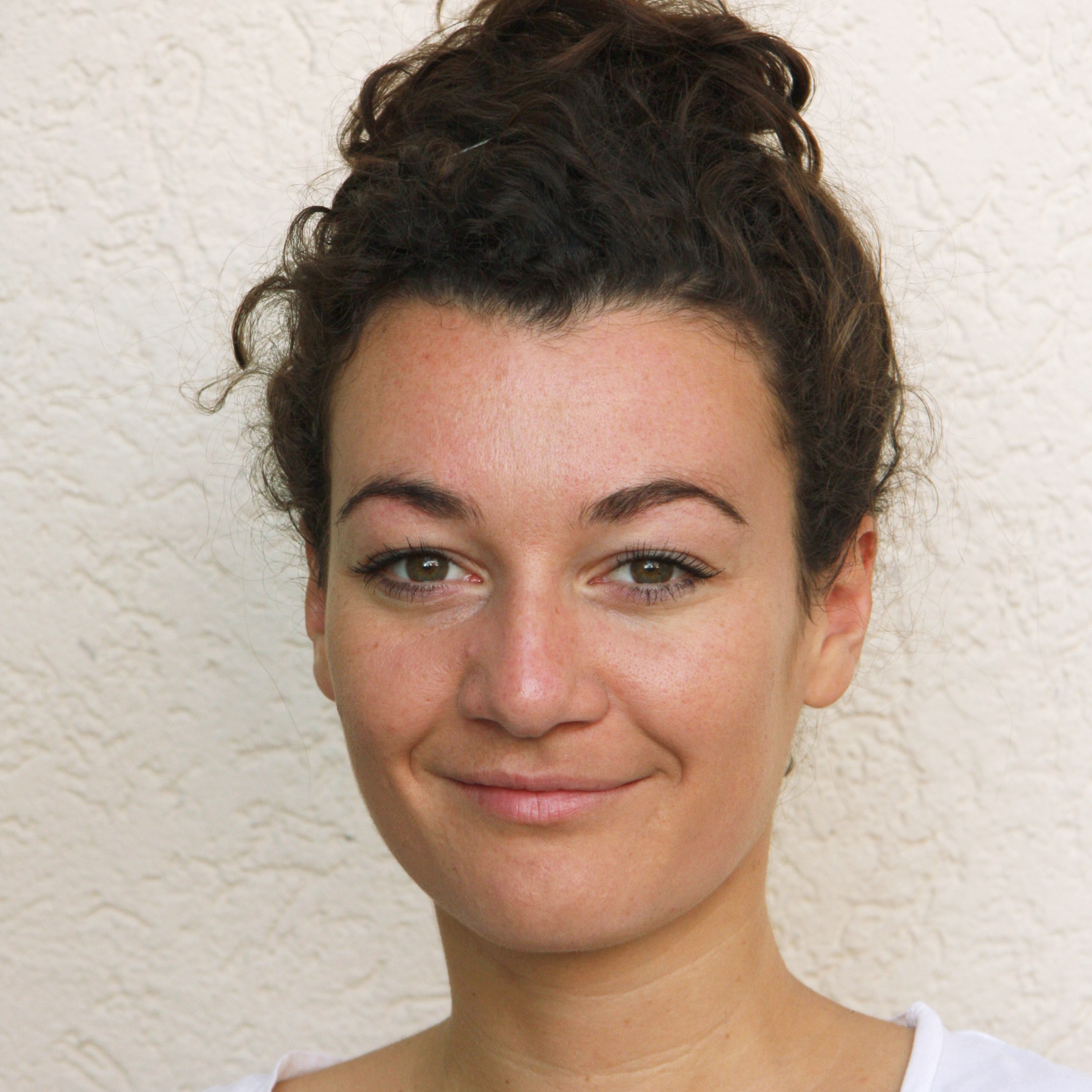19.04.2017 News
unspecific Microorganisms Biodiversity
CRISPR discoverer gets own research institute
Emmanuelle Charpentier discovered the revolutionary genome editing tool CRISPR-Cas. Now she will head her own Max-Planck research unit in Berlin.
19.04.2017 News
unspecific Microorganisms Biodiversity
Emmanuelle Charpentier discovered the revolutionary genome editing tool CRISPR-Cas. Now she will head her own Max-Planck research unit in Berlin.
17.04.2017 News
Food Plants Agriculture sciences
Extreme weather occurrences are endangering harvest yields worldwide. To enable more precise weather forecasts a new Land-Atmosphere Feedback Observatory (LAFO) will be established.
27.04.2017 Success story
Food Plants Agriculture sciences
Aided by new sequencing technologies, Nils Stein and his team of plant geneticists have succeeded in decoding all seven chromosomes of the barley genome far quicker than was originally planned. In the process, they have greatly added to the genome map of this important agricultural crop.
25.04.2017 News
Food Animals Biodiversity
Berlin-based researcher establish new analysis of origin for frog legs. The specific pattern of isotopes within each animal can tell, whether they indeed stem from sustainable farms.
27.04.2017 News
Food Plants Agriculture sciences
Global climate change is costing the wine industry billions of dollars each year. An international team of researchers established a “Global Risk Index for Wine Regions”.
28.04.2017 News
unspecific Microorganisms Agriculture sciences
The German Research Foundation (DFG) is funding 17 new Priority Programmes with a total of €100 million. Three of the Life Science projects are focused on bio-based economy.
03.05.2017 News
Automobile unspecific Agriculture sciences
Industry 4.0 via digitalization spanning robots and bio-based economy – that is the main message of the Hannover Messe 2017.
04.05.2017 News
Food Plants Agriculture sciences
More than 250,000 Europeans voiced their support for a change in the agriculture industry towards sustainable farming policies across Europe.
05.05.2017 News
Automobile unspecific Energy technologies
The consumption of bioethanol as part of the petrol market has increased slightly in Germany. In 2016 1.2 million tonnes of bio-based ethanol has been added to fuels.

Researcher Profile
unspecific unspecific Biodiversity
What are the effects of plastic waste on ecosystems? That is the question that biologist Carolin Völker and her colleague Johanna Kramm are trying to answer with their projects in their junior research group ‘PlastX’.
10.05.2017 News
Chemistry Microorganisms Environmental technology
A body of research has shown the negative consequences of microplastics for aqueous life. Now, a seminal paper that had demonstrated behavioural changes in fish was retracted.
10.05.2017 News
Food Plants Agriculture sciences
The global cultivation area of GMO crops is growing, but Europe and especially Germany remain sceptical regarding the usage of GMOs.
10.04.2017 Studies and statistics
Consumables Plants unspecific
The study published by the Institute for Bioplastics and Bio-Compounds (IfBB) provides a comprehensive overview of current developments in the bioplastics sector.
10.02.2017 News
Food Microorganisms Agriculture sciences
Europe's largest field laboratory for biodiversity research celebrates anniversary: 15 years of the "Jena Experiment".
13.02.2017 News
Chemistry Microorganisms Biotechnology/Systems biology
Whether it's cosmetics or washing detergents — surfactants are used extensively in industry. Bio-based rhamnolipids are one of the biggest current trends.
21.02.2017 News
Automobile unspecific Biotechnology/Systems biology
According to a market analysis from nova-institute, last year's production capacity for bio-based polymers grew by 4% to 6.6 million tonnes.
22.02.2017 Studies and statistics
Automobile unspecific Biotechnology/Systems biology
Despite difficult market environment the worldwide production capacity for bio-based polymers has increased by 4% to 6.6 million tonnes compared to 2015. But the annually growth rate from 2012 to 2014 was even 10%.
24.02.2017 News
unspecific Microorganisms Biodiversity
An international study finds the rates of alien species introduction worldwide are higher than ever. A third of all first introductions were recorded between 1970 and 2014.
11.06.2016 News
Pharmaceutical industry Animals Materials sciences
Textile researchers from the Technical University (TU) Dresden have used crab and shrimp shells to produce organic yarn from pure Chitosan, a natural material found in the shells.
15.02.2017 News
unspecific unspecific Environmental technology
GLS, a bank specialising in sustainable investments, has set up a crowd-investing platform for businesses and projects.